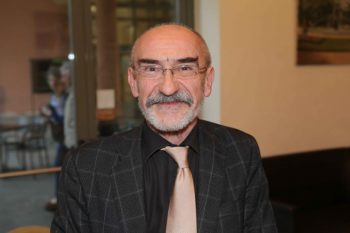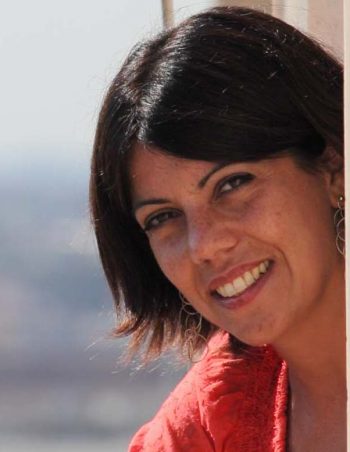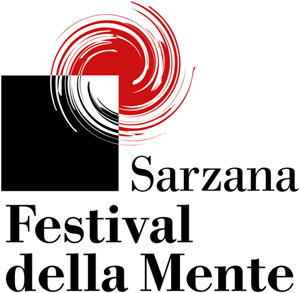2018 Programme
Event #3
Carlo Alberto Redi, Manuela Monti
Community and DNA
The acceptance and inclusion of “others” is not characterized just for its proper moral and social aspects but also operates on a biological level ensuring benefits to the members of the community. Homo sapiens’ evolution is therefore characterized by the development of reciprocal strategies that ensured success in the competition with other species. On the contrary, inequalities and exclusion are able to mark the genome and increase the rate of serious illnesses. In this case, the biological disadvantage will transmit from one generation to the other: the social becomes biological, determining major conflicts in society and high health costs. On the other hand, spreading a culture of sharing and altruism ensures a harmonic development of a new form of democracy: a cognitive democracy.
Carlo Alberto Redi, a member of the Accademia dei Lincei, president of the committee for bioethics of the Umberto Veronesi Foundation, teaches Zoology at the University of Pavia and is an honorary member of the Genetic society of Chile. He researches functional genomics and genetic reprogramming. As an essayist, he published DNA. La vita in tre miliardi di lettere (Carocci, 2019) and Prepararsi al futuro. Cronache dalle scienze della vita (Il Mulino, 2022).
Manuela Monti, PhD in bioengineering and medical bioinformatics, is a contract professor at the IUSS University of Pavia. She researches stem cell differentiation and ovogenesis in collaboration with research institutions in the USA and Japan. She is the author of several popular science essays. Her latest work is Prepararsi al futuro. Cronache dalle scienze della vita with C.A. Redi (Il Mulino, 2022).
Event #17
Mario Cucinella
Architecture as a political action and an instrument for territories’ revitalization

Event #24Approfonditamente
Beniamino de’ Liguori Carino, Giuseppe Lupo, Alberto Saibene
Adriano Olivetti: building a community

Event #31Approfonditamente
Giulia Alonzo, Marco Belpoliti, Adriana Polveroni, Oliviero Ponte di Pino
Criticism 2.0. Cultural communication in the age of the web

Event #59Children / Kids
Caterina Giannotti, Maria Pia Montagna
Writing is a game if you know the rules!
























